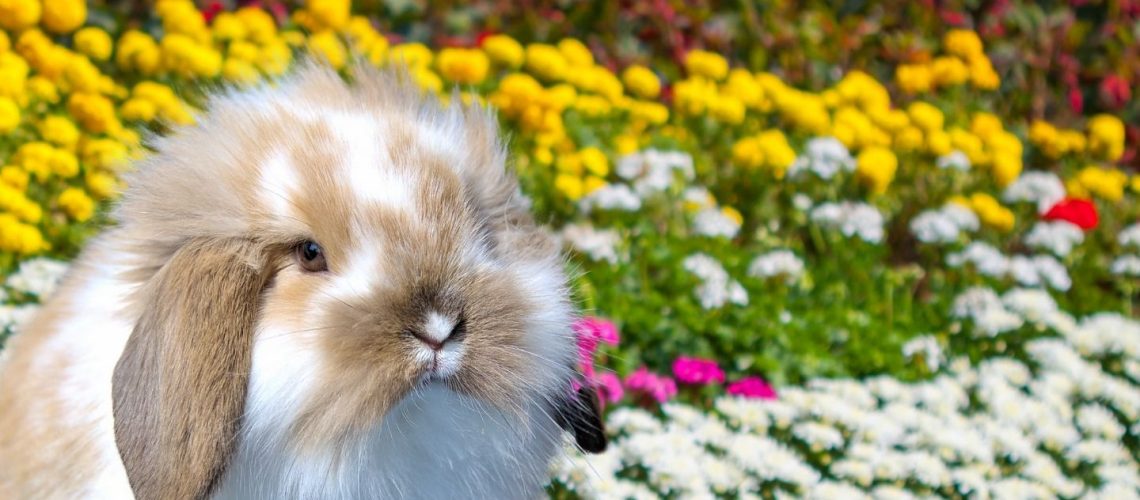Rabbits are herbivores and enjoy a variety of plant-based foods, including flowers. However, it is crucial to understand which flowers are safe for rabbits to eat and how much should be fed to them. This article will provide a comprehensive guide to feeding flowers to rabbits.
Why Rabbits are Attracted to Flowers
Natural Foraging Behavior
Rabbits in the wild naturally forage for a variety of plant materials, including flowers, to meet their nutritional needs. This instinct carries over to domestic rabbits, who may be drawn to flowers as a source of food.
Taste and Aroma
Flowers often have a pleasant taste and aroma that attract rabbits, making them an appealing treat.
The Nutritional Benefits of Flowers for Rabbits
Vitamins and Minerals
Some flowers can provide rabbits with essential vitamins and minerals, such as Vitamin C and potassium.
Fiber
Flowers can also be a source of fiber, which is important for a rabbit's digestive health.
Potential Dangers of Feeding Flowers to Rabbits
Toxicity
Some flowers can be toxic to rabbits and should be avoided. Examples of toxic flowers include:
- Lilies
- Azaleas
- Foxgloves
- Rhododendrons
- Hydrangeas
Pesticides and Chemicals
Flowers that have been treated with pesticides or other chemicals can be harmful to rabbits. Ensure that any flowers you feed to your rabbit are free of these substances.
Preparing Flowers for Your Rabbit
Washing
Always wash flowers thoroughly before feeding them to your rabbit, as this will help remove any dirt, pesticides, or chemicals that may be present.
Introducing New Flowers
When introducing a new flower to your rabbit's diet, start with a small amount and gradually increase the quantity. This will allow you to monitor your rabbit for any adverse reactions or allergies.
Alternatives to Flowers in a Rabbit's Diet
Herbs
Safe herbs that rabbits can eat include basil, cilantro, dill, mint, and parsley.
Leafy Greens
Leafy greens such as romaine lettuce, kale, and spinach are also suitable for rabbits.
Monitoring Your Rabbit's Health
It is essential to keep an eye on your rabbit's overall health and behavior when introducing new foods, such as flowers, into their diet. Signs of illness or distress may include:
- Loss of appetite
- Lethargy
- Diarrhea
- Changes in behavior or temperament
If you notice any of these signs, consult your veterinarian for advice and appropriate treatment.
Final Thoughts
While rabbits can eat certain flowers, it is important to ensure that they are safe and non-toxic. Remember to provide a balanced diet for your rabbit, with flowers as an occasional treat rather than a regular part of their diet. Always monitor your rabbit's health and consult with a veterinarian if you have any concerns. Happy and healthy rabbits make for happy pet owners!










